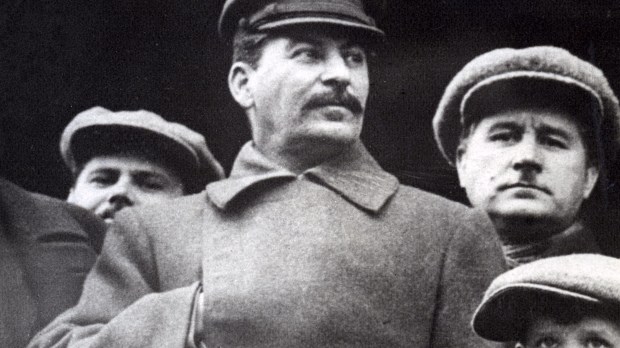Help Aleteia continue its mission by making a tax-deductible donation. In this way, Aleteia's future will be yours as well.
*Your donation is tax deductible!
Mark Twain once said, “Everyone complains about the weather—but no one ever does anything about it!” Something similar may be said about cultural observers. We can be very good about identifying problems, shortfalls, and disappointments. We’ve a keen eye for contradiction, hypocrisy, and failure. That’s fine—as far it goes. It’s good to have a fire alarm, but it’s more important to have a functional fire department. Someone needs to show up with a solution.
In recent weeks, I’ve written about Christian culture in crisis, making use of British author Hilaire Belloc’s wise book, “Survivals and New Arrivals: The Old and New Enemies of the Catholic Church.” The book, many decades old, is still timely. Then as now, bad old ideas and their current advocates rail against Christian culture in general and the Catholic Church in particular.
There’s a relatively new enemy of Christian culture that is the offspring of some ancient errors and sins. Jesus was born under the reign of tyrants. Since the founding of the Church, Christians have suffered at the hands of every form of thuggery, junta, party, despot, dictator, and megalomaniac.
Yet during the 20th century a new form of brutality emerged—namely, totalitarianism. Other types of regimes have killed and slaughtered in great numbers, alas! Only totalitarian regimes attempt to control everything. Culture, language, behavior, religion, economics, education, family, conception, birth, life and death—all subject to the dictates of the absolute state. Such a state could not only imprison or kill, it could erase. It could “disappear” a person from his home, and then insist that everyone acknowledge that the person had become a non-person, had never existed. No sphere of human life, no human event was outside of the reach of the totalitarian state—anyone and anything defined into or out of existence.
Why hate the Church?
That’s a brutalizing and dehumanizing context in which to live. It depends on the promotion of isolation, fear, despair, and dependence. Resistance, independence, and mutuality are excluded. Such a context foments a particular hatred towards the Catholic Church and her civilization. Why?
Totalitarians know, at least intuitively, that the Catholic Church offers effective antidotes to the poison of totalitarianism.
First, the Church offers fellowship. The Church offers bonds of affirmation, charity, justice, mercy, compassion, unity, identity, and dignity that the absolute state cannot tolerate. The Church in her daily communal life reminds one and all that each person is unique and precious, and all persons are valuable in the sight of God. The Church fosters a love of neighbor that the absolute state cannot allow, for love and mutuality are incompatible with the complete isolation and dependence that such a state encourages and commands.
The second antidote—properly understood—is an even greater threat to the absolute state, and that is worship. True worship represents an activity of lowest utility and highest value. Worship doesn’t make anything; it is not designed to expand the power of the absolute state. It is of greatest value because it shows that the human soul reaches beyond this world, pointing to and invoking realities that the world cannot contain and that not even a totalitarian state can control.
Worship proclaims a love and a beloved that the world cannot match, contain, control, replace, or take away. Worship involves a response of human individuals and communities to an initiative that comes from the divine and not from the state. It is a response to a heavenly command and not an earthly imperative. Totalitarians hate the Church because Her worship relativizes the state—worship puts any civil state in its proper place and rejects the absolute claims of the totalitarian state.
Worship, at once divinely-originated and divinely-oriented—resists the claim of the absolute state to define and to erase. Catholics know that worship, especially the Holy Sacrifice of the Mass, was entrusted to the Church by Christ. That same Mass has been handed on across the miles and the millennia, around the globe, through the heroism and diligence of apostles, martyrs, mystics, warriors, poets, artists, families, and monasteries. Catholic worship refuses to forget the Catholic past because the past is the link to the Catholic future. In other words, the saints who before us in time worshipped as Christ instructed beckon us from our future to follow in their footsteps. The saints of the past are now the populace of Heaven, our only true home, where already our Father has prepared a banquet for us. They call us forward, asking us to bring all our heritage with us. Christian fellowship and Catholic worship—these are the indispensable elements of the cure for what old and new ailments of our fallen world.
When I write next, I will speak of an overlooked aspect of the spiritual life. Until then, let’s keep each other in prayer.

